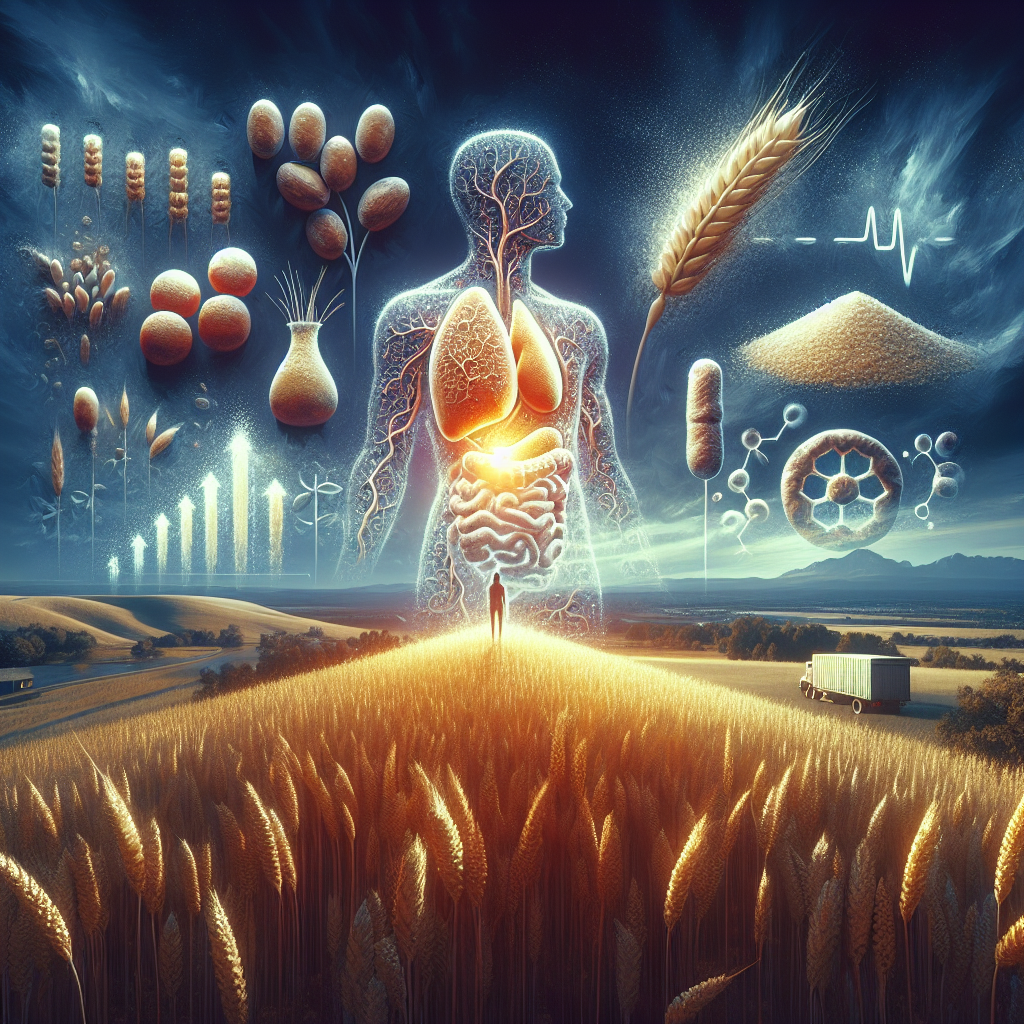
-
Table of Contents
Do ALL Carbs Affect Ketosis the Same Way?

When it comes to the ketogenic diet, understanding the role of carbohydrates is crucial. The ketogenic diet is a low-carb, high-fat diet that aims to shift your body’s metabolism from burning glucose (sugar) to burning ketones (fat) for energy. This metabolic state is known as ketosis. But do all carbs affect ketosis the same way? Let’s delve into the science behind carbs and ketosis to find out.
Understanding Carbohydrates
Carbohydrates are one of the three macronutrients, along with proteins and fats. They are the body’s primary source of energy. Carbs are broken down into glucose, which is used by the body’s cells for energy. Any excess glucose is stored in the liver and muscles as glycogen for later use.
There are three main types of carbohydrates: sugars, starches, and fiber. Sugars are simple carbs, while starches and fiber are complex carbs. Simple carbs are quickly absorbed by the body, causing a rapid increase in blood sugar levels. Complex carbs, on the other hand, are digested more slowly, leading to a gradual rise in blood sugar levels.
When you consume more carbs than your body needs for energy, the excess is stored as fat. This is why high-carb diets can lead to weight gain and obesity. On the other hand, a low-carb diet like the ketogenic diet can help you lose weight by forcing your body to burn fat for energy instead of carbs.
However, not all carbs are created equal. Different types of carbs have different effects on blood sugar levels and ketosis. Let’s take a closer look at how different carbs affect ketosis.
How Different Carbs Affect Ketosis
As mentioned earlier, there are three main types of carbs: sugars, starches, and fiber. Each of these carbs affects ketosis in a different way.
Sugars
Sugars are simple carbs that are quickly absorbed by the body. They cause a rapid increase in blood sugar levels, which triggers the release of insulin. Insulin is a hormone that helps glucose enter the body’s cells. However, insulin also inhibits the breakdown of fat and promotes the storage of excess glucose as fat. Therefore, consuming a lot of sugars can prevent you from entering ketosis.
Examples of foods high in sugars include fruits, honey, milk, and anything with added sugar. While some of these foods have nutritional benefits, they should be consumed in moderation on a ketogenic diet to avoid spiking your blood sugar levels and inhibiting ketosis.
Starches
Starches are complex carbs that are digested more slowly than sugars. They cause a gradual rise in blood sugar levels, which can help you feel full longer. However, like sugars, starches can also prevent you from entering ketosis if you consume too much of them.
Examples of foods high in starches include bread, pasta, rice, and potatoes. These foods are typically avoided on a ketogenic diet due to their high carb content.
Fiber
Fiber is a type of complex carb that the body cannot digest. It does not raise blood sugar levels or inhibit ketosis. In fact, fiber can actually promote ketosis by slowing down the digestion of other carbs and reducing their impact on blood sugar levels.
Examples of foods high in fiber include vegetables, nuts, seeds, and whole grains. These foods are encouraged on a ketogenic diet due to their low net carb content (total carbs minus fiber).
Net Carbs and Ketosis
When it comes to ketosis, the concept of net carbs is important. Net carbs are the total carbs in a food minus the fiber. Since fiber does not raise blood sugar levels or inhibit ketosis, it is not counted towards your daily carb limit on a ketogenic diet.
By focusing on net carbs instead of total carbs, you can include more high-fiber foods in your diet. This can help you feel full longer, prevent constipation, and improve your overall health.
For example, a medium avocado contains about 17 grams of total carbs. However, about 13 of those grams are fiber, so the net carbs are only 4 grams. This makes avocados a great food for a ketogenic diet.
Conclusion
In conclusion, not all carbs affect ketosis the same way. Sugars and starches can prevent you from entering ketosis by raising your blood sugar levels and triggering the release of insulin. On the other hand, fiber does not affect blood sugar levels or inhibit ketosis, and can actually promote ketosis by slowing down the digestion of other carbs.
By understanding the different types of carbs and how they affect ketosis, you can make more informed food choices and increase your chances of success on a ketogenic diet. Remember to focus on net carbs instead of total carbs to include more high-fiber foods in your diet and improve your overall health.
Whether you’re new to the ketogenic diet or a seasoned veteran, understanding the role of carbs in ketosis is crucial. So, do all carbs affect ketosis the same way? The answer is a resounding no. By understanding the different types of carbs and their impact on ketosis, you can tailor your diet to your needs and achieve your health goals.